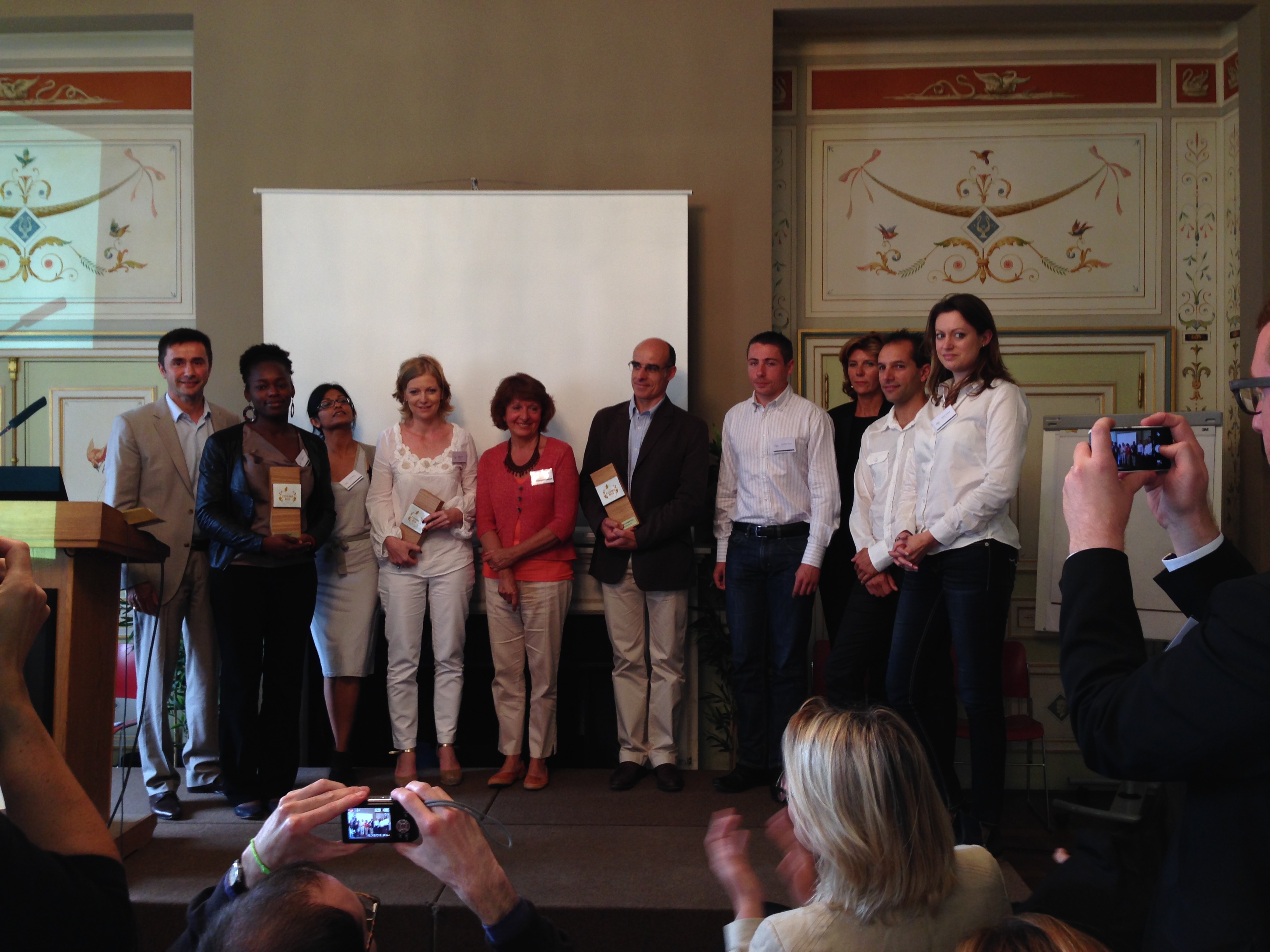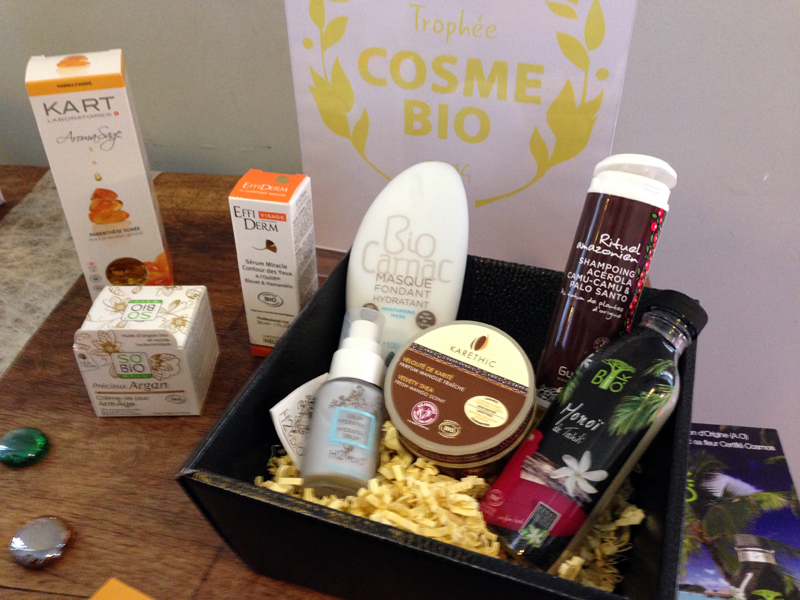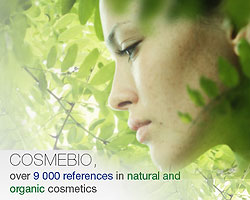This year, CosmeBio, the leading organic cosmetics professional association and a founding member of the European group which developed the European COSMOS-standard, held its assembly on June 17 in Paris. At this year’s event, the spotlight was on CosmeBio’s activity in 2013, as well as the organization’s future plans focused on improving the recognition of the CosmeBio label on the international scale.
For the attendees of the CosmeBio’s assembly this year, a priority for the future has been set: to increase the focus on radical re-distribution of their brands. During this year’s meeting, discussions focused on distribution, particularly distribution outside of the local market of France. Indeed, the issue of distribution has been permeated across the entire personal care products market and the in-depth analysis of its different channels is included in Kline’s report on the natural personal care market in Europe in 2013.
As a result of a multitude of blogs, social media, and other marketing initiatives, manufacturers successfully circulate new information about natural cosmetics industry and increasing consumer spending on naturals translates itself into uninterrupted growth, posting double-digit gains in 2013 globally. However, in both mature regions of the United States and Europe, sales slowed down slightly with growth in 2013 in the single digits. Among the major hurdles affecting growth in these markets is increasing competition, as well as the search for progressive distribution channels and distributors outside the manufacturer’s local market.


The event’s highlight was the CosmeBio Trophy ceremony, where the winning, all French-based brands in four categories were announced as follows:
Terrethic: Biodiversity,
Bernard Cosmetics: Environment conscious cosmetics
Huilerie Emile Noel: Fair trade
Laboratoire Lea: Social responsibility
As Kline’s analysis of the global market of natural personal care market in 2013 unveils, the marketer’s focus should be on the channels of distribution which would fit the brand’s (i.e., mass-market retail, direct sales, prestige channels of distribution, or professional channels), as well as reach a broad range of consumers. Bottom shelves in local organic food stores filled with cramped cosmetics next to baby wipes or home cleaning products will not generate positive sales growth for the manufacturers. Manufacturers of natural cosmetics need to re-focus their niche-driven identity by using strategic marketing which would allow them to turn their brand’s invisibility into visibility. These and other issues sprouting up in the natural personal care market field will be addressed in the new edition of Kline’s Natural Personal Care Global Series report.

